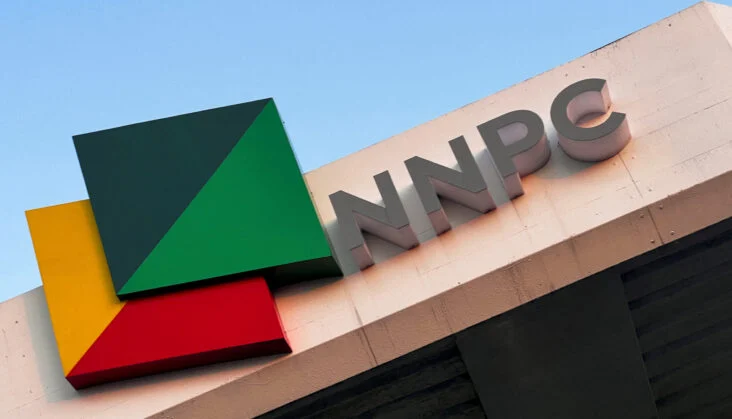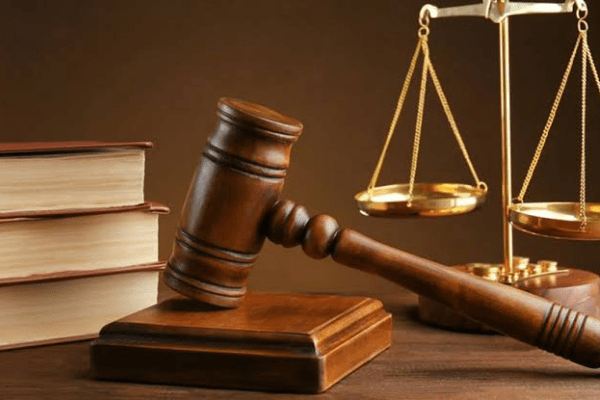For the fifth time in 2022, the Nigerian National Petroleum Company (NNPC) Limited failed to remit revenue to the federation account as subsidy claims eroded gains.
NNPC said this in its monthly presentation to the federation account allocation committee (FAAC) meeting on Wednesday, June 22.
The oil firm said it deducted another N327.07 billion as a shortfall for the importation of petrol (subsidy) in May 2022.
Subsidy or under-recovery is the shortfall for the underpriced sales of premium motor spirit (PMS), better known as petrol.
With the current deductions, NNPC has expended N1.27 trillion on petrol subsidy in the last five months — about 31 percent of the N4 trillion provision for the year.
NNPC PROJECTS N227.7BN FOR SUBSIDY IN JUNE
According to the report, NNPC said it would recover the sum of N845.15 billion as a value shortfall from June 2022 proceed.
“The Value Shortfall on the importation of PMS recovered from May 2022 proceeds is N327,065,907,048.06 while the outstanding balance carried forward is N617 billion,” NNPC said.
“The estimated Value Shortfall of N845,152,863,012.97bn (consisting of arrears of N617bn plus estimated May 2022 Value ShortFall of N227,721,200,478.23) is to be recovered from June 2022 proceed due for sharing at the July 2022 FAAC Meeting.”
In January, February and March 2022, petrol subsidy payments gulped N210.38 billion, N219.78 billion, and N245.77 billion, respectively.
In April, Nigeria spent N271 billion to cater for petrol subsidy.
N238BN REVENUE SHORTFALL IN FIVE MONTHS
The report added that NNPC declared a gross revenue of N470.61 billion in May, the highest in 2022 — but with a shortfall of N238.14 billion on a year-to-date basis.
The state oil company had forecasted a monthly revenue of N414.9 billion for an annual trajectory of N4.98 trillion.
It posted a total of N1.89 trillion as gross revenue in the last five months.
Over the months, Nigeria has failed to take advantage of rising oil prices due to low oil production, non-functional refineries, and subsidy payments.
International Monetary Fund and the World Bank have asked the federal government to retrace its steps on petrol subsidy spending. The institutions have repeatedly said the petrol subsidy policy in Nigeria is not targeted at those most in need.
But in a recent interview, President Muhammadu Buhari said most western countries are equally implementing subsidies.
“Why would we remove ours now? What is good for the goose is good for the gander! What our western allies are learning the hard way is what looks good on paper, and the human consequences are two different things,” he had said.
“My government set in motion plans to remove the subsidy late last year. After further consultation with stakeholders, and as events unfolded this year, such a move became increasingly untenable.”







